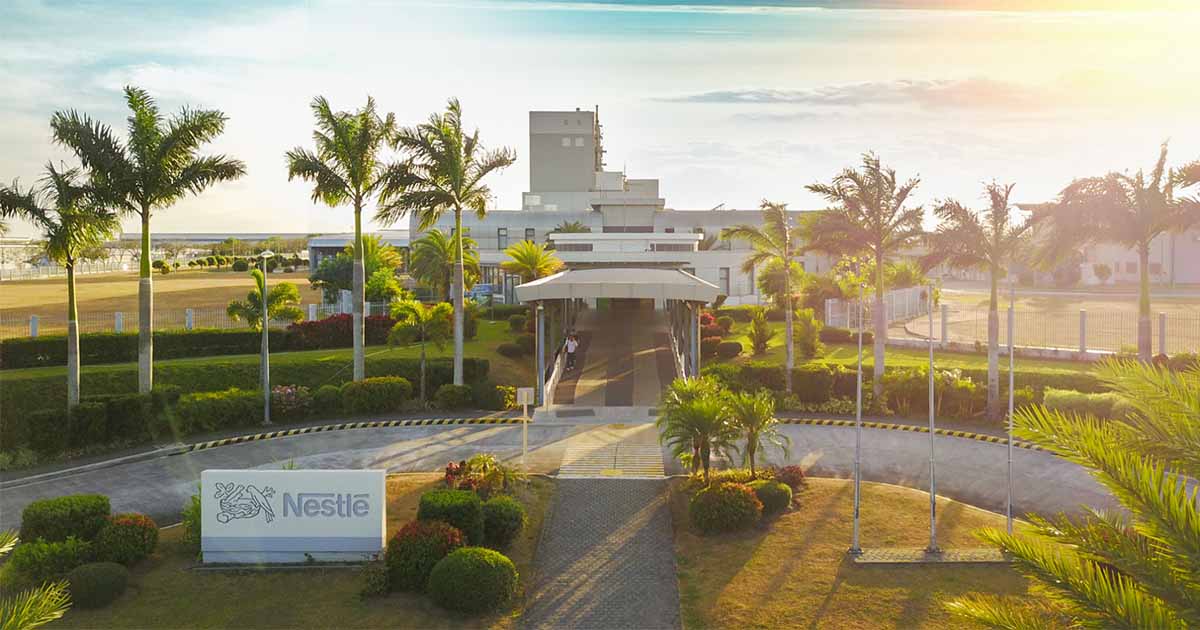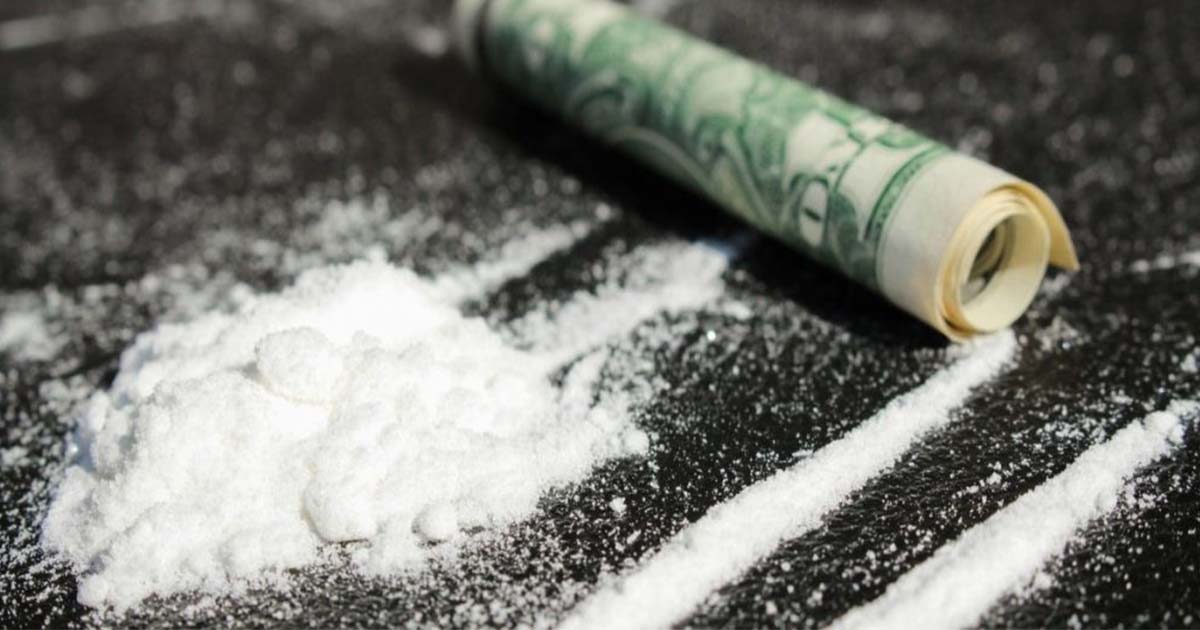With landfill sites and ocean dumping, solid waste management is a big concern for developing countries like Pakistan; this is mostly due to lack of awareness and absence of municipalities. The dilemma of solid waste disposal and management in Hunza is being tackled by City Administrations, municipal committee and KADO-HEC.
Nestlé Pakistan has been an active participant in worldwide environment preservation. In Pakistan, The company’s ambition towards Creating Shared Values (CSV) is the main driving force behind its contribution towards addressing the climate change challenge and the country’s waste management issues.
Solid waste disposal in Gilgit-Baltistan
Typically, solid waste management (SWM) comes under the preview of Municipal Services and most of the municipality as well as City Administrations. Luckily our city managements are well aware of the dire need of a more efficient management and the consequences of its lacking.
The company will also be distributing 10,000 reusable bags in the community during 2020 as part of the project. KADO will extend support for different community awareness activities
However, neither have the technical competence, nor the financial resources to provide this vital service on their own. In Hunza, the solid waste management and disposal is done under the project of Karakorum Area Development Organization (KADO) – together known as Hunza Environmental committee (HEC) -officially formed in 1997 and working for sustainable and clean environment.
The main aim of HEC is a solid waste management in central Hunza with the motto of ‘KEEP HUNZA CLEAN’. With the advancement of technology and development of the said valley, people from the nearby villages of Gojal Tehsil, lower Hunza and Nagar, continually migrate to central Hunza. This migration has thus generated a huge amount of consequential solid waste.
Nestle’s role in tackling with the dilemma
Recently, Nestle Pakistan, District Council Hunza, Gilgit Baltistan Waste Management Company (GBWMC) and Karakoram Area Development Organization (KADO) signed an MoU for “Clean Hunza Project”. The project is supported by the company’s NESTLÉ FRUITA VITALS and NESTLÉ PURE LIFE brands.
Nestle corporation has made a worldwide mark in its zero waste commitment. In July this year, Nestlé Waters, the bottled water division of Nestlé based in Paris, reportedly collaborated with Ocean Legacy Foundation, a non-profit based in Canada, to work together towards cleaner oceans.
Read more: How is Nestle Pakistan Empowering Dairy Farmers?
Similarly, “Clean Hunza Project” shall focus on infrastructure development for a waste segregation, management and recycling system for Hunza – a popular tourist destination – with District Council Hunza, GBWMC and support from KADO for raising awareness in the communities.
The collective action initiative will encourage waste management of 150,000 kgs of plastics annually in Phase I, followed by collection of 50,000 kgs paper packaging (used beverage cartons) in Phase II in the area with an increase of 10% annually.
The solid waste management and disposal is done under the project of KADO together known as HEC officially formed in 1997 and working for sustainable and clean environment
The Project’s focus shall be on the segregation of Plastics and paper packaging at the waste site which, after the compressing and bailing process, shall be brought down the country for recycling. Nestlé Pakistan shall provide a compressing and bailing unit to the Hunza district government. The company will also be distributing 10,000 reusable bags in the community during 2020 as part of the project. KADO will extend support for different community awareness activities.
Waqar Ahmad, Head of Corporate Affairs, Nestlé Pakistan, while highlighting the company’s global commitment to tackle plastic waste, said, “This project marks the beginning of Nestlé Pakistan’s journey to reduce the environmental impact of plastic packaging by improving the management and recycling of various kinds of plastic packaging, in line with UN SDGs. Globally we aim to make 100% of our packaging recyclable and reusable by 2025.”
Read more: Nestlé Pakistan and CEJ seek to train Journalists in reporting health issues
He further added, “The Clean Hunza Project is a pilot project with a focus on streamlining the management and recycling of plastic waste, with a forecast of increasing waste collection to 220,000 kgs by 2024. This project will result in lesser plastic ending up in water bodies downstream.”
Commending the cause, Babar Sahibdin, Deputy Commissioner Hunza, said, “We applaud support from Nestlé for providing us with 10,000 reusable bags, which will create awareness amongst the locals to stop using plastic bags and incline them towards a more environmentally friendly solution. We appreciate Nestlé’s for providing the Compressor, Bailing and Recycling infrastructure and capacity building of our staff on waste segregation site.”














